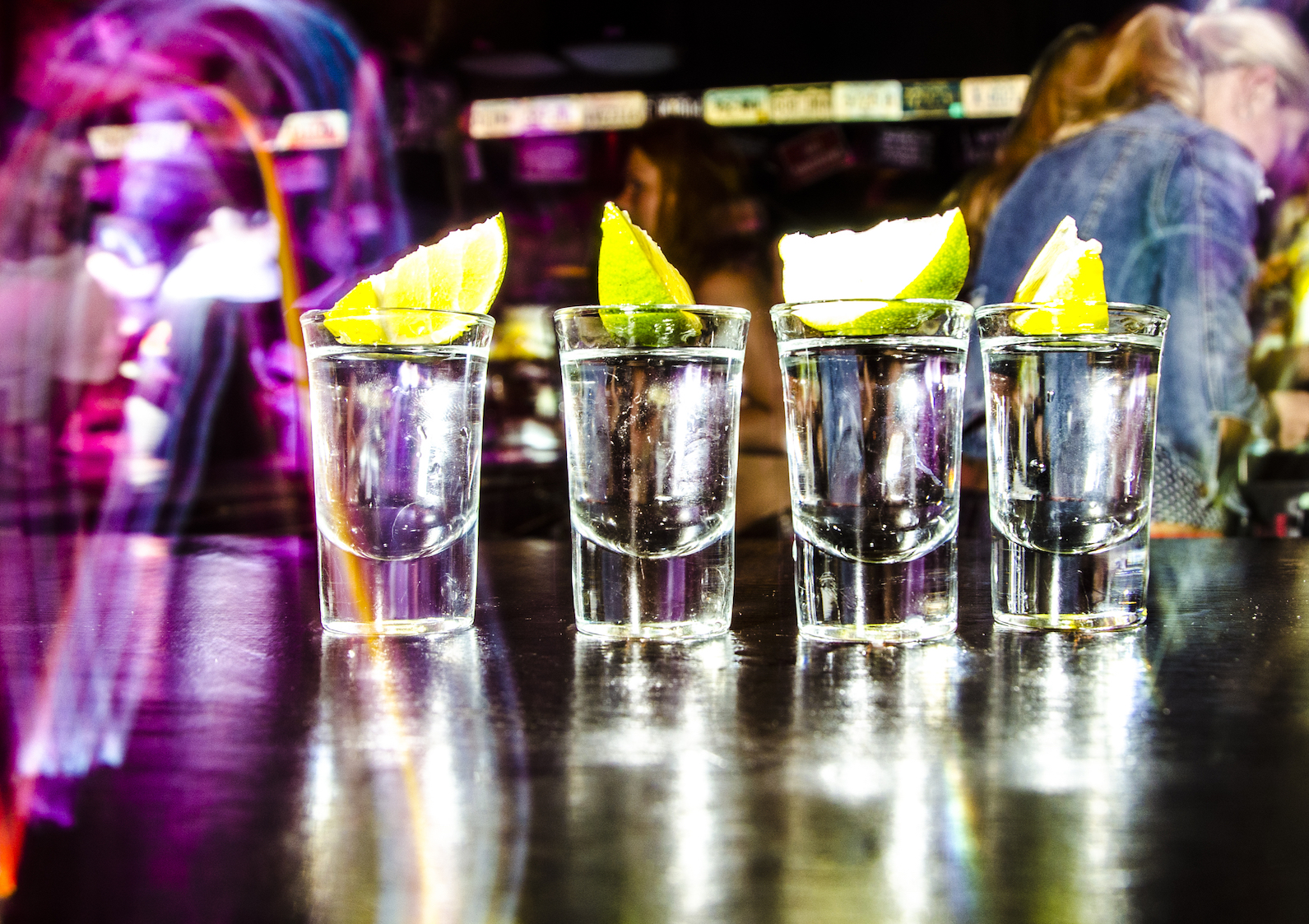
Binge drinking alcohol can disrupt the gene that controls sleep
Researchers at the University of Missouri School of Medicine have found that one single episode of binge drinking has a lasting impact on the gene that regulates sleep. The study may provide new insight into the connection between alcoholism and sleep issues.
According to the Centers for Disease Control and Prevention (CDC), one in six U.S. adults binge drinks at least four times a month. Experts have previously linked binge drinking to sleep disruption and sleep disorders.
Study lead author Dr. Mahesh Thakkar is a professor and director of research in the Department of Neurology at MU and the lead author of the current study.
“Sleep is a serious problem for alcoholics,” said Dr. Thakkar. “If you binge drink, the second day you will feel sleep deprived and will need to drink even more alcohol to go to sleep. It is a dangerous cycle. How can we stop this cycle or prevent it before it begins? To answer that question, we need to understand the mechanisms involved.”
The investigation was focused on how excessive alcohol consumption may affect sleep patterns in mice.
The researchers found that mice experienced a significant increase in non-rapid eye movement sleep four hours after being exposed to binge-drinking levels of alcohol. The mice also woke up more frequently and slept less between periods of wakefulness.
In addition, Dr. Thakkar discovered post-binge mice did not experience an increase in adenosine, a chemical released by the brain to promote sleep. Furthermore, the gene that regulates sleep was notably impacted by the excessive consumption of alcohol among the mice, leading to frequent sleep disturbances.
“What we have shown in this research is that a particular gene – which is very important for sleep homeostasis – is altered by just one session of binge drinking,” said Dr. Thakkar. “We were not expecting this. We thought it would be affected after multiple sessions of binge drinking, not one. That tells you that as soon as you consume four drinks, it can alter your genes.”
The study is published in the Journal of Neurochemistry.
—
By Chrissy Sexton, Earth.com Staff Writer












